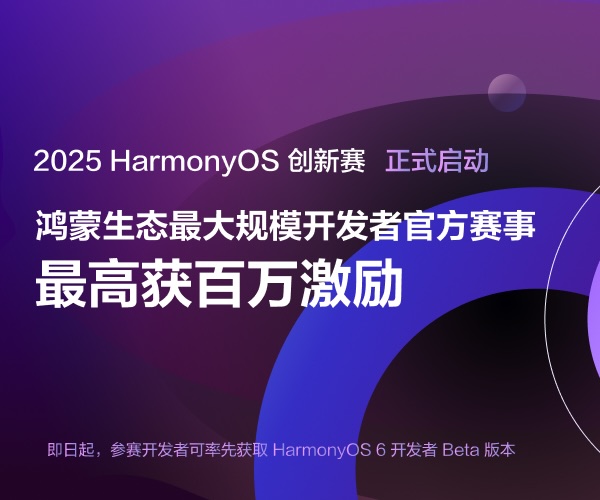Swagger使用
1. 导入jar包
<!-- swagger -->
<dependency>
<groupId>io.springfox</groupId>
<artifactId>springfox-swagger2</artifactId>
<version>2.9.2</version>
</dependency>
<dependency>
<groupId>io.springfox</groupId>
<artifactId>springfox-swagger-ui</artifactId>
<version>2.9.2</version>
</dependency>
2. 创建配置类
SwaggerConfig.java
@Configuration
@EnableSwagger2 // 开启Swagger2
public class SwaggerConfig {
// A组
@Bean
public Docket docketA() {
return new Docket(DocumentationType.SWAGGER_2).groupName("A组");
}
// B组
@Bean
public Docket docketB() {
return new Docket(DocumentationType.SWAGGER_2).groupName("B组");
}
// 测试组
@Bean
public Docket createRestApi(Environment environment) {
// 在dev/test环境中使用swagger,在prod环境中不使用。判断当前环境返回boolean
boolean flag = environment.acceptsProfiles(Profiles.of("dev", "test"));
return new Docket(DocumentationType.SWAGGER_2)
// api信息
.apiInfo(apiInfo())
// 分组
.groupName("测试组")
// flag=false 不能再浏览器中访问
.enable(flag)
.select()
// 扫描配置了@ApiOperation 注解的方法,生成接口文档
.apis(RequestHandlerSelectors.withMethodAnnotation(ApiOperation.class))
// 扫描全部
// .apis(RequestHandlerSelectors.any())
// 不扫描
// .apis(RequestHandlerSelectors.none())
// 扫描类上的指定的包,生成接口文档
// .apis(RequestHandlerSelectors.basePackage("com.xxx.controller"))
// 扫描类上的 @RestController 注解,生成接口文档
// .apis(RequestHandlerSelectors.withClassAnnotation(RestController.class))
// 过滤路径
.paths(PathSelectors.any())
.build();
}
// api信息
private ApiInfo apiInfo() {
return new ApiInfoBuilder()
.title("liqiju测试的Api")
.description("wangpai-admin文档")
.termsOfServiceUrl("https://www.wgame.io")
.version("2.0.0")
.build();
}
}
3. 测试

4. 注解说明
| 注解 | 说明 |
|---|---|
| @Api | 用在类上,说明该类的主要作用 |
| @ApiOperation | 用在方法上,给API增加方法说明 |
| @ApiImplicitParams | 用在方法上,包含一组参数说明 |
| @ApiImplicitParam | 用来注解来给方法入参增加说明 |
| @ApiResponses | 用于表示一组响应 |
| @ApiResponse | 用在@ApiResponses中,一般用于表达一个错误的响应信息 |
| @ApiModel | 用在实体类上,描述一个Model的信息 |
| @ApiModelProperty | 描述一个model的属性 |
5. 实例
User.java(实体类)
@ApiModel(description = "用户实体类")
@Data
@Entity
public class User {
@ApiModelProperty(value = "主键id", notes = "自增主键id")
@Id
@GeneratedValue(strategy = GenerationType.AUTO)
private Long id;
@ApiModelProperty(value = "用户名", notes = "用户名,unique")
private String username;
@ApiModelProperty(value = "年龄", notes = "年龄是整形")
private Integer age;
@ApiModelProperty(value = "邮箱")
private String email;
@ApiModelProperty(value = "创建时间")
private LocalDateTime createTime;
}
UserController.java
@Api("用户管理类")
@RestController
@RequestMapping("/user")
public class UserController {
@Autowired
private UserService userService;
@ApiOperation(value = "获取指定用户信息", notes = "根据用户id获取用户信息")
@ApiImplicitParam(name = "id", value = "用户id", required = true, dataType = "Long", paramType = "path")
@GetMapping("/{id}")
public User getUserById(@PathVariable Long id) {
return userService.findUserById(id);
}
@ApiOperation("获取全部用户信息")
@GetMapping("/all")
public List<User> userList() {
return userService.findAll();
}
@ApiOperation("分页查询用户信息")
@ApiImplicitParams({
// paramType=form表示表单数据, path表示url参数
@ApiImplicitParam(name = "page", value = "表示第几页", required = true, dataType = "Integer", paramType = "path"),
@ApiImplicitParam(name = "size", value = "每页几条数据", required = true, dataType = "Integer", paramType = "path")
})
@GetMapping("/list")
public List<User> userListPage(Integer page, Integer size) {
Page<User> userPage = userService.findAll(PageRequest.of(page, size));
List<User> userList = userPage.getContent();
return userList;
}
}


 浙公网安备 33010602011771号
浙公网安备 33010602011771号